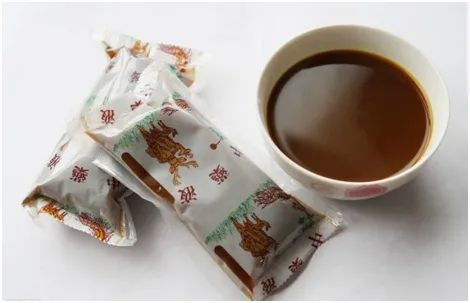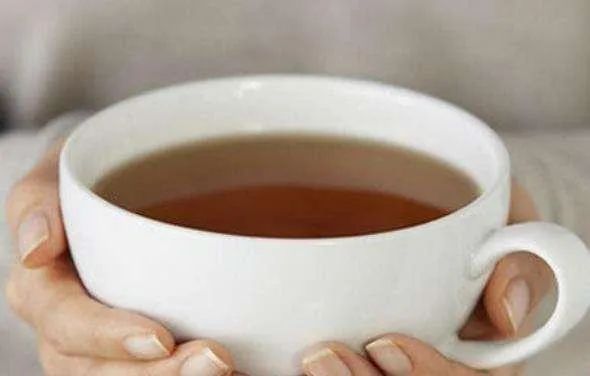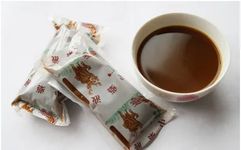Traditional Chinese Medicine (TCM) decoctions are one of the traditional forms of Chinese medicine and are the most commonly used method for treatment. Many patients often overlook the proper methods of taking TCM decoctions, which not only directly affects the efficacy of the medicine but also relates to the patient’s recovery.
1. Timing for Taking TCM Decoctions
It is important to choose the right timing for taking TCM decoctions, as this can align with the physiological changes of the human body’s natural rhythms, fully utilize the body’s active disease-fighting factors to enhance the efficacy of the medicine, and reduce adverse drug reactions. Morning and before meals: Taking medicine before meals is beneficial as the stomach is empty, which aids in the absorption of the medicine in the gastrointestinal tract. Therefore, tonifying herbs should be taken before meals. This includes Sheng Di Huang (Rehmannia Root), Fu Ling (Poria), Chuan Xiong (Szechuan Lovage), and Huang Lian (Coptis). After meals: Some medicines can irritate the stomach, so digestive tonics and those that irritate the stomach should be taken after meals. Before noon: It is advisable to take diaphoretic and qi-boosting medicines. Afternoon or evening: Laxatives should be taken during this time. At night: Nourishing yin and blood medicines should be taken. Before sleep: Tranquilizing medicines and those for nocturnal emissions should be taken 15-30 minutes before sleep.

2. The Bitterness of TCM Decoctions
Although it is said that good medicine tastes bitter, many TCM decoctions can indeed be difficult for some people to swallow. Since the bitter taste receptors are mainly concentrated in the front part of the tongue, especially at the tip, we can utilize this physiological characteristic by using a straw to sip the decoction, which can reduce the perception of bitterness.
3. Difficulty in Cleaning TCM Decoctions
Many people drink bagged TCM decoctions by cutting a small opening with scissors or pouring them into a bowl, but regardless of the method, the decoction can easily spill on clothing. The solution is simple: we just need to wear a bib or apron before drinking the medicine. If the decoction spills on clothing, do not panic; you can soak the fabric in laundry detergent or liquid and then wash it clean.
4. Temperature for Taking TCM Decoctions
Generally, TCM decoctions should be taken warm for treating common diseases. For special treatment needs, they should be taken according to specific methods. For treating cold syndromes, hot medicines should be taken while hot, and for treating heat syndromes, cold medicines should be allowed to cool before taking. For medicines for heat-related illnesses, such as summer-heat clearing medicines, it is recommended to take them cold. Additionally, pills and powders should be taken with warm water.

5. Dosage of TCM Decoctions
TCM decoctions are typically a combined liquid obtained after decocting 2-3 times, and should be taken in doses according to clinical needs. For patients with fever taking heat-clearing and detoxifying agents, a slightly larger amount of liquid can be taken to enhance the medicinal effect; for thirst-quenching medicines, a larger amount should also be taken and can be consumed frequently instead of tea. Stronger individuals can take more medicine, while weaker individuals, such as children and severely ill patients, should take less. When taking TCM decoctions, it is advised to avoid smoking and alcohol, as well as spicy, oily, and cold foods, and to refrain from overeating. Patients with skin diseases should avoid fish, shrimp, and stimulating foods. If taking Western medicine concurrently, it should be spaced out from the TCM decoction. Children, pregnant women, or the elderly should follow medical advice. In fact, the correct method for taking TCM decoctions cannot be generalized; it should consider individual constitution and the nature of the TCM, selecting different times, temperatures, dosages, and frequencies for taking the medicine.
Source: Ningxia Traditional Chinese Medicine Hospital and Research Institute WeChat Official Account

